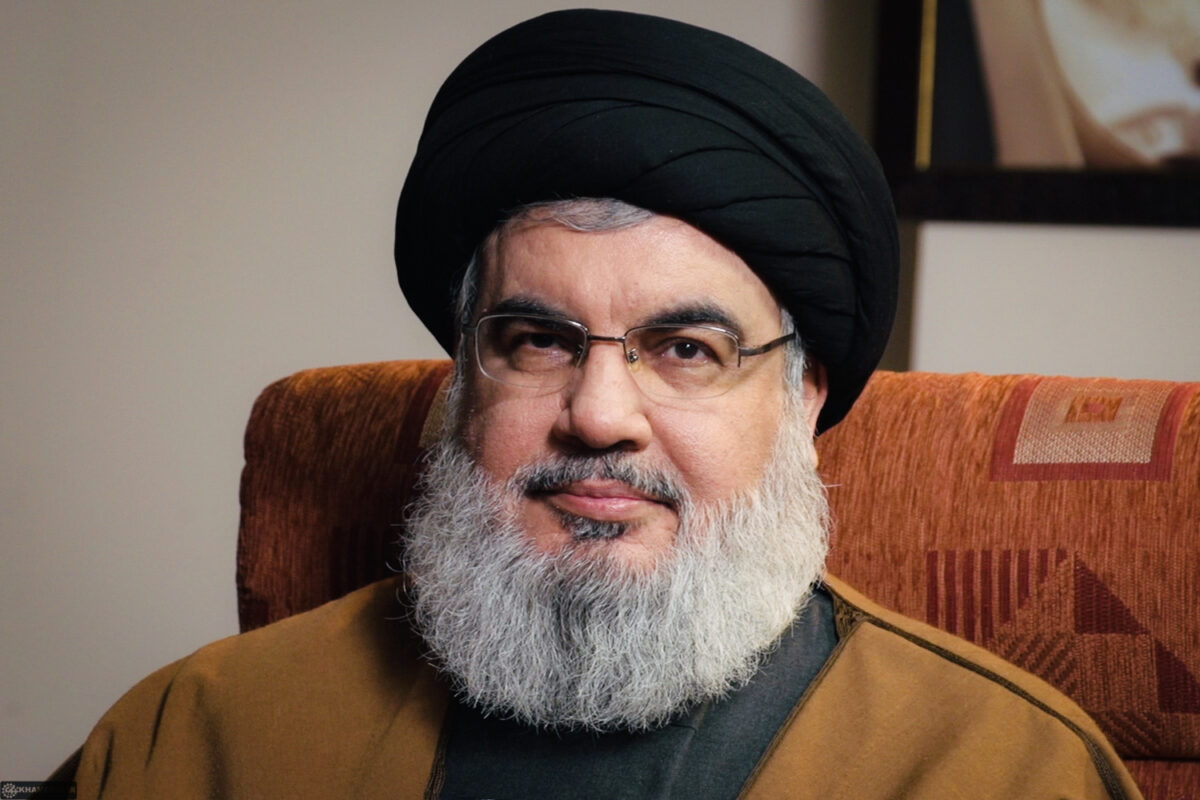Hezbollah, the Lebanese Shi’a militia which perceives Israel as its prime enemy, was uncharacteristically mute as the Israeli armed forces and Hamas fought an eleven-day border war in and around the Gaza Strip from May 10 to May 21.
Its usually outspoken leader, Hassan Nasrallah, remained deafeningly silent, even after one of its members was killed by Israeli troops during a protest on Lebanon’s frontier with Israel.
The only official comment from Hezbollah was issued by one of its senior officials, Hashem Safieddine, who predicted that Hezbollah would join forces with Hamas in a future conflict and who bragged that Hezbollah’s firepower has significantly increased since its last war with Israel in the summer of 2006.
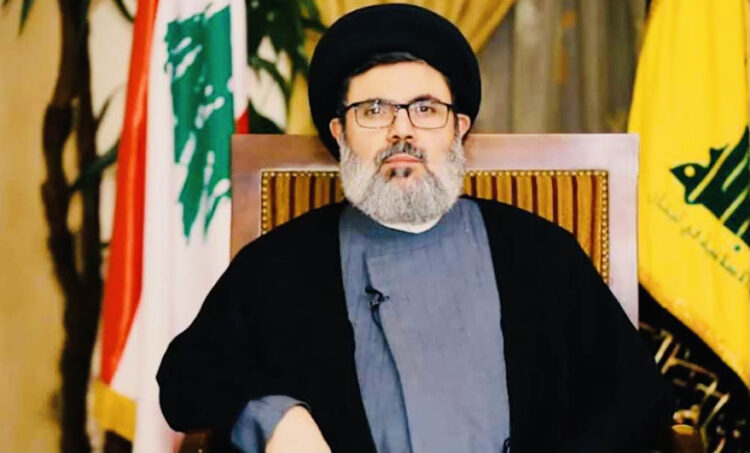
“We in Hezbollah look to the day when we will fight together, with you, side by side and shoulder to shoulder, on all fronts to extract this cancerous cell,” he said in a reference to Israel. “This day is coming. It is inevitable.”
This is doubtless true.
Hezbollah’s leadership is ideologically opposed to Israel’s existence and is prepared to face Israel in yet another war. But with an economic crisis currently gripping Lebanon, Hezbollah was unwilling to intervene in Gaza and thus embroil Lebanon in a new war.
Hezbollah, however, encouraged supporters to gather near the Israeli border in a noisy show of support for Hamas. When some of the demonstrators breached the border fence, set fires and crossed into Israel near the town of Metulla, Israel opened fire, killing a 21-year-old Hezbollah foot soldier. Shortly afterwards, two rockets from Syria struck open fields on the Israeli side of the Golan Heights.
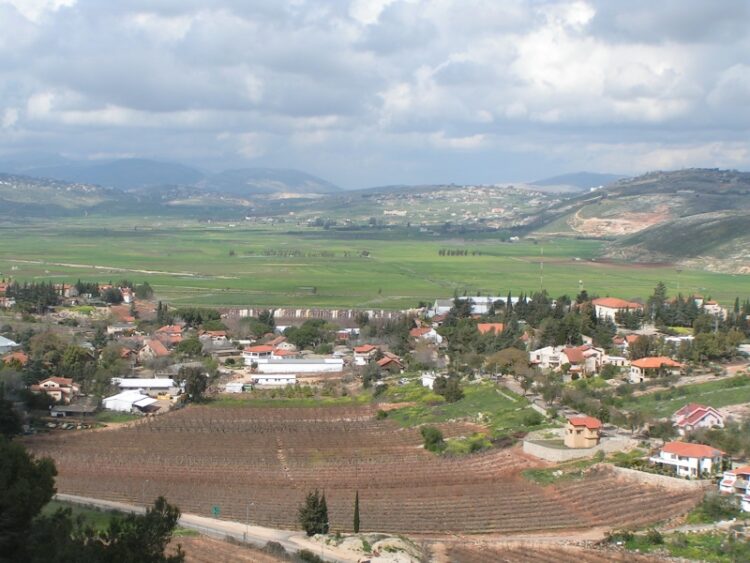
Lebanon’s president, Michel Aoun, an ally of Hezbollah, condemned “the crime committed by Israeli forces.”
During the course of the Gaza war, an undetermined number of rockets originating from Lebanon landed inside Israel, causing no injuries, deaths or damage, or fell harmlessly into the Mediterranean Sea.
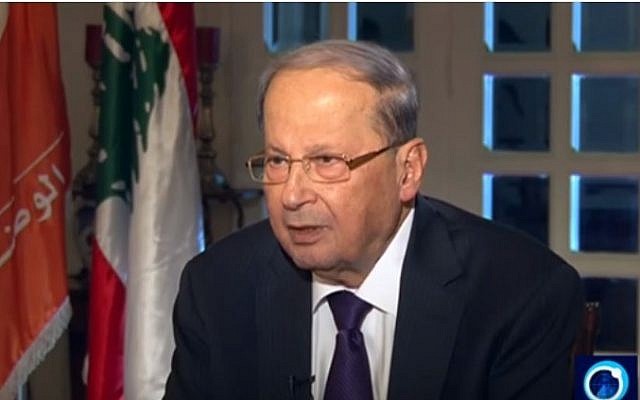
One of the rockets was intercepted by the Iron Dome missile defence system.
Israel blamed Palestinian factions for the rocket launchings, but Hezbollah may well have been involved.
In the past 15 years, since Israel and Hezbollah fought a month-long war that effectively ended in a draw, Israel has managed to deter Hezbollah from initiating a fresh war.
But in the meantime, Hezbollah has gained battlefield experience fighting alongside the Syrian army in Syria’s civil war. Hezbollah’s intervention has been costly in terms of casualties. Upwards of 2,000 of its men have been killed in battle, but Hezbollah now has a leaner, tougher army.
During the last war, Hezbollah launched about 4,000 rockets into northern Israel, forcing Israelis to scramble into bomb shelters, compelling businesses to close, and causing forest fires in pristine parts of the Galilee.
Not since the 1991 Gulf War, when the Iraqi regime of Saddam Hussein fired 39 Scud missiles at Israeli cities, had Israel been bombarded by a neighboring Arab foe. (Hamas began firing rockets at Israeli settlements in Gaza in 2001 and at Israel itself in the following year).
By all accounts, Hezbollah has amassed an arsenal of some 130,000 rockets since 2006. And while the bulk of its rockets are unguided, with a limited range, Hezbollah has begun to manufacture a new generation of precision-guided rockets capable of striking every city town and village in Israel.
In recent years, the Israeli Air Force has bombed Hezbollah weapons convoys heading to Lebanon from Syria.
Hezbollah has placed most of its rockets and munitions in Shi’a towns and villages in southern Lebanon, which Israel occupied from June 1982 until May 2000.
Hezbollah has dug network of tunnels hundreds of kilometres in length from Beirut to the Israeli border. They would enable its fighters to move swiftly and covertly during a war with Israel.
In December 2018 and January 2019, the Israeli army found six such tunnels, a few of which penetrated into Israel, and blew them up or sealed them with cement.
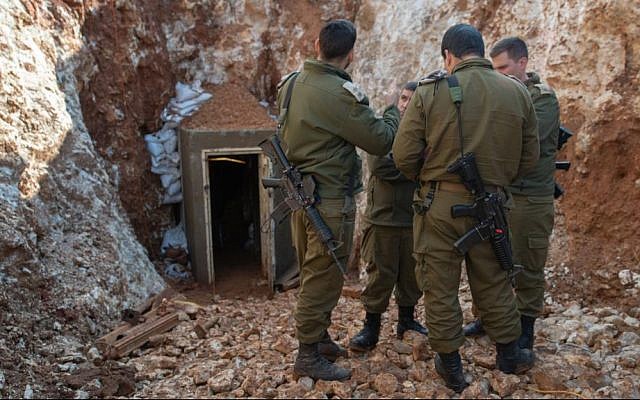
Since 2020, Israel has been installing a maze of underground sensors along the northern border to detect new tunnels.
Israel is certain that a fresh war is inevitable, maybe sooner rather than later.
Lebanon is a tinderbox waiting to explode.
